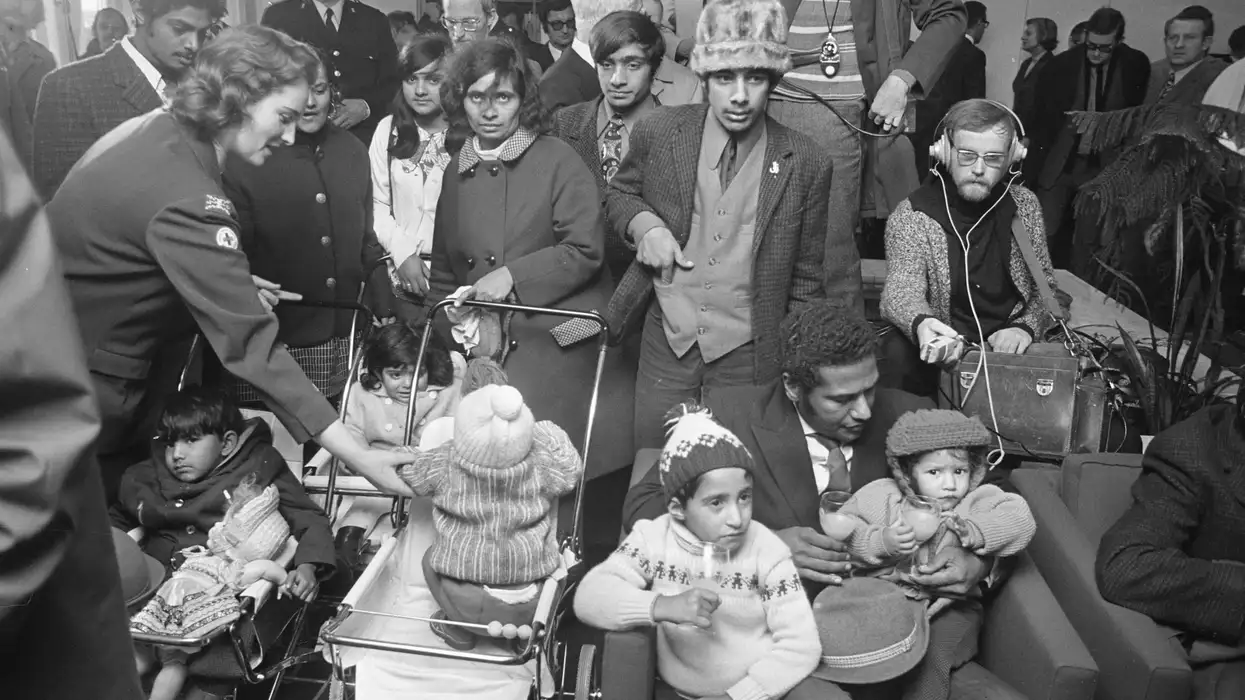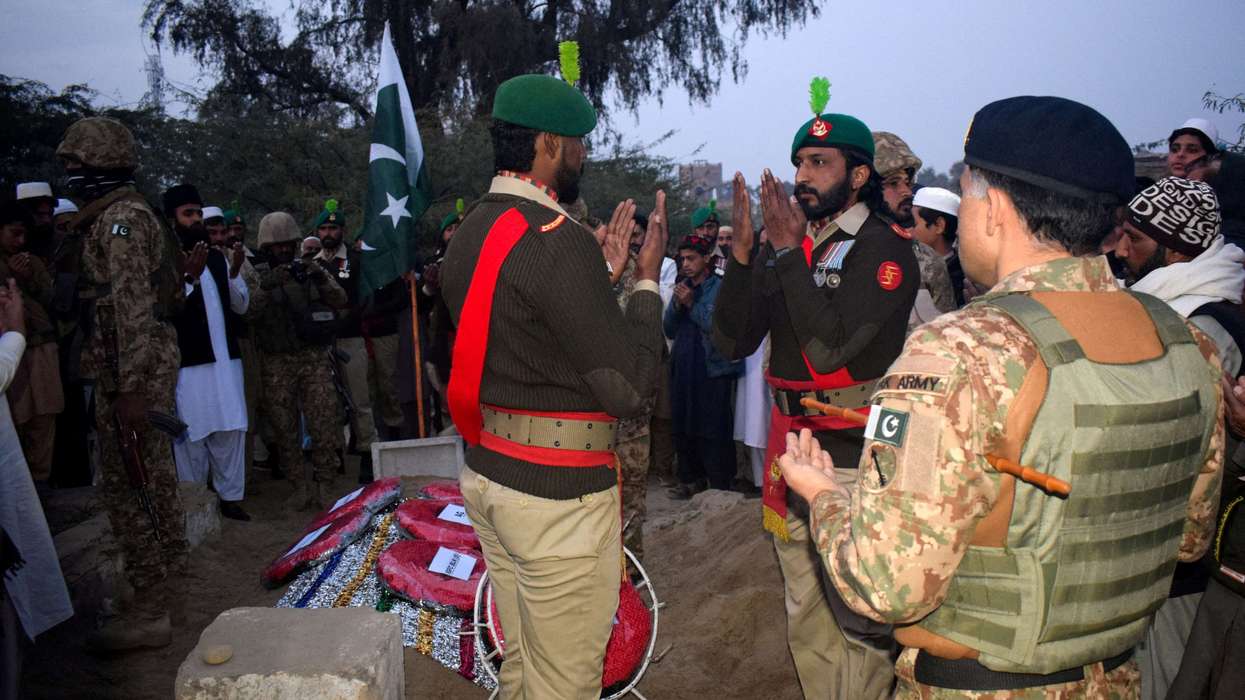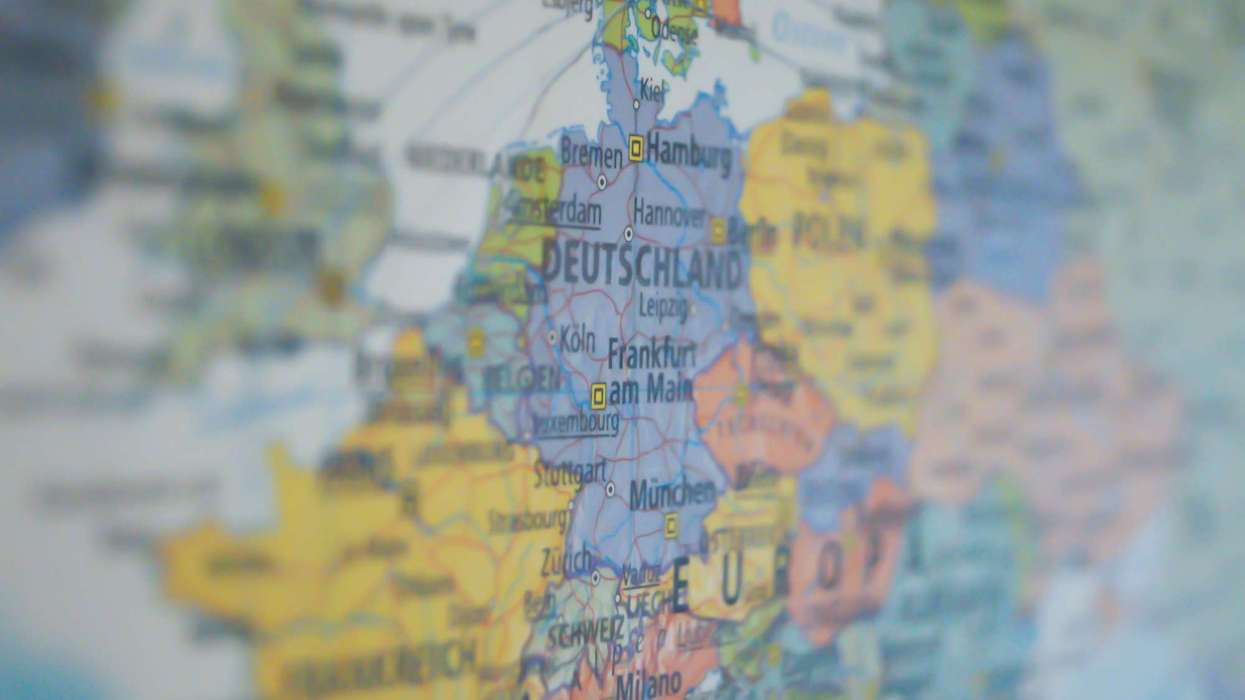by LAUREN CODLING
A NEW book exploring the expulsion of Uganda Asians in the 1970s was inspired by the “terrifying” prospect of being forced to leave your home country for another, its author has revealed.
Neema Shah’s debut novel Kololo Hill is a fictional account about the expulsion of Asians from Uganda by president Idi Amin in 1972. It follows an Asian family – mother Jaya, brothers Vijay and Pran and newly-wed Asha – as they prepare to flee for the UK, having been given only 90 days to leave their home.
Shah’s grandparents hailed from east Africa (Kenya and Tanzania) and she often wondered what it would be like to leave a country and start again. During her schooldays, the British-born writer was told to “go back to her own country” by some of her peers. It sparked the question – where would that home be?
“If not here, would it be Kenya, Tanzania or India? But I don’t speak Swahili and I didn’t visit India until I was in my 20s,” she told Eastern Eye. “The story of the expulsion always fascinated me. (Uganda) was the only country they had known. They had to leave their homes, businesses, friends and family and start again with nothing. I found the idea terrifying”.
The expulsion left thousands of families devastated, with approximately 80,000 Ugandan Asians impacted by the decree. It prompted violence too – the military were accused of engaging in theft and physical and sexual violence against the minority Asian population.

Brutality is introduced almost immediately, within the first pages of the book, when Asha sees a number of dead bodies along a riverbank. Shah said she felt conflicted about including depictions of violence, but added that she understood it was impossible to disregard it in a book about the expulsion. The opening scene showed how closely normal life and “horrifying” violence were intertwined during Amin’s presidency, she explained.
“My understanding from research was that (violence) was quite common,” she said. “You could be walking down a street and see dead bodies. If anything, I may have pulled back on the violence some people had witnessed. But I wanted to use that first scene to give readers a sense of what was truly going on there, where a country was being upended by terrible, terrible things.”
All the characters face challenges as they prepare to leave their Ugandan home for London. However, eldest son Pran particularly struggles to adapt to his new life and harbours an array of secrets which threaten to tear the family apart. Shah blamed his “erratic” behaviour on the lack of control he has over the situation. In her research, the author said she discovered depression was higher among Ugandan Asian men who had relocated to the UK.
“You would have these very traditional patriarchal Asian families coming to the UK and everything’s upended – the breadwinners of the family are not necessarily the breadwinners when they come to the UK,” she said. “The roles of men were brought into question, and that’s what I’ve tried to portray through Pran.”
Asked what she anticipates readers will take away from the book, Shah spoke of her hope that it would “shed some light on a period of history which many may not know about”. She also hoped it would send an important message of togetherness.

During the years Shah worked on the book, several ground-breaking historical events took place – the Windrush scandal was exposed, former US president Donald Trump rose to power and the Brexit referendum was held.
“A lot of those themes are to do with nationalism and that’s essentially what led to what happened in Uganda,” Shah said. “It’s important that we try to see each other’s points of view and live together. We’re in a global environment now and trying to retreat into our own cultures and identities too much is not good. “It’s so important for us to integrate and work with others.”
While promoting her debut novel, Shah is still working in her marketing job. Writing and working full-time in a different career was the reality for many authors, Shah revealed. In fact, she wrote the first draft of Kololo Hill during her work commute. “I thought I might as well make the most of the time I had on the Tube,” the London-based novelist laughed.
Although the release of her debut novel was exciting, it had been “surreal” in the middle of the current coronavirus restrictions, she admitted. The lockdown means that Shah’s book release is more of a virtual experience, rather than a physical one. “Obviously, the dream, especially as a debut author, is to go with your friends and family to see your book in a bookshop,” she said. “And it’s not as though that will never happen, but it is not quite the same. I made my peace with it a few months ago.”
Nevertheless, Shah said she was excited to see how the book is received by readers – and hoped to embark on “typical” book tours when restrictions were lifted. She laughed: “I’m sure I’ll get the full experience whenever the paperback edition comes out.”
Kololo Hill by Neema Shah is out now




